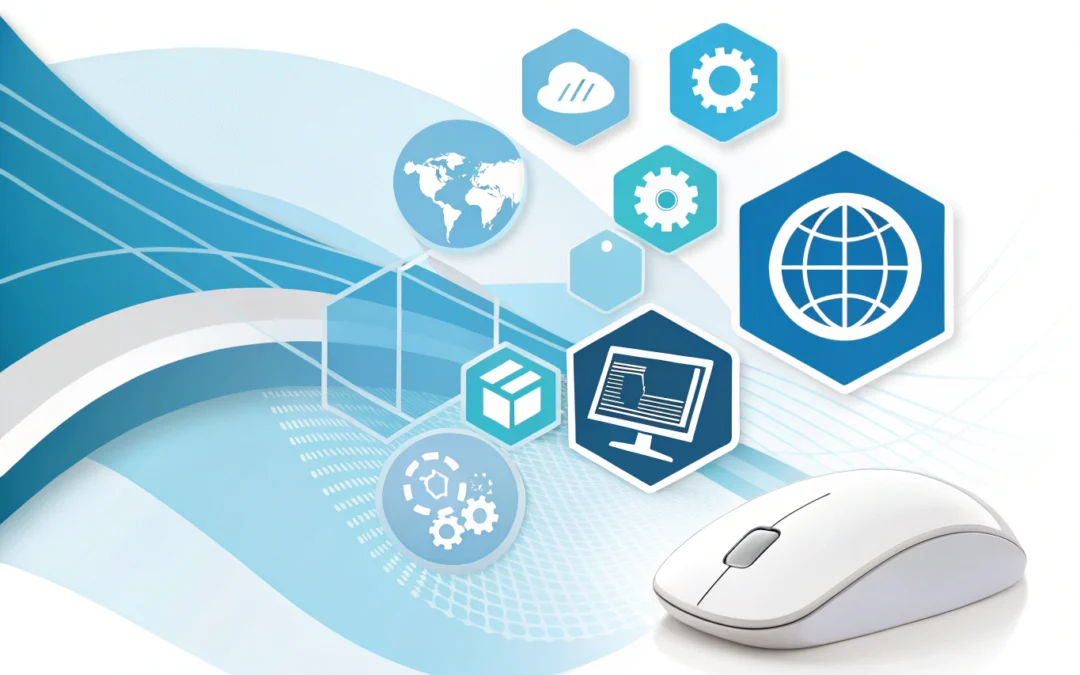The Subtle Dance of AliExpress and Alibaba: A Tech-Driven Tale
Picture a vast digital bazaar. On one end, we have AliExpress, bustling with individual shoppers hunting for unique deals. On the other, there’s Alibaba, a hub for businesses looking to bulk-buy and scale. Both platforms, under the Alibaba Group umbrella, serve distinct purposes and audiences. To delve deeper into their differences, explore the comprehensive insights available at aliexpress vs alibaba.
The distinction between AliExpress and Alibaba is akin to comparing a retail marketplace with a wholesale warehouse. AliExpress is where everyday consumers go for a retail-like experience, while Alibaba is the backstage where businesses negotiate bulk orders. It’s like visiting a local market versus a wholesale supplier—both are essential, but serve different roles in the commercial ecosystem.
AliExpress: The Consumer Playground
AliExpress caters to the individual buyer, offering a broad spectrum of products from electronics to fashion. It’s a playground for consumers who enjoy the thrill of finding bargains and unique items. The platform functions as an intermediary, connecting buyers directly with sellers. This direct interaction can sometimes lead to longer shipping times, but it also opens up a world of variety and affordability.
Technologically, AliExpress relies on algorithms to curate personalized shopping experiences. It’s like having a digital shopping assistant that learns your preferences over time. This AI-driven transformation in ecommerce highlights the importance of understanding consumer behavior and utilizing data to enhance user experience.
Alibaba: The Business Backbone
Alibaba, in contrast, is designed for businesses. It’s where companies go to source products in bulk, negotiate terms, and establish long-term supplier relationships. Alibaba’s platform is structured to handle large transactions and facilitate business-to-business (B2B) interactions. Think of it as a digital handshake between suppliers and retailers.
The technological backbone of Alibaba focuses on facilitating these large-scale transactions with efficiency and security. It employs robust systems to manage everything from payment processing to logistics. This transformation in the B2B sector underscores the power of technology in streamlining operations and expanding global reach.
The Transformative Impact on Ecommerce
The interplay between AliExpress and Alibaba showcases a transformative shift in how we perceive and engage with ecommerce. It’s not just about buying and selling anymore—it’s about leveraging technology to create seamless, efficient, and personalized experiences. AI and data analytics play crucial roles in shaping these experiences, driving innovation, and meeting the ever-evolving demands of consumers and businesses alike.
For entrepreneurs and marketers, understanding this dynamic is key. It’s about recognizing the potential of AI and other technological tools to enhance ecommerce strategies, optimize supply chains, and ultimately, improve customer satisfaction.
Actionable Recommendations
- Embrace AI and data analytics to understand consumer behavior and personalize shopping experiences.
- Utilize platforms like Alibaba to streamline supply chains and expand business reach.
- Stay informed about technological advancements in ecommerce to remain competitive in the market.
- Consider the distinct roles of AliExpress and Alibaba when developing ecommerce strategies for different audiences.
By leveraging the right tools and platforms, you can navigate the complex landscape of ecommerce with confidence. Remember, in the world of digital commerce, understanding the technology is just as crucial as understanding the market.
Checkout ProductScope AI’s Studio (and get 200 free studio credits)

